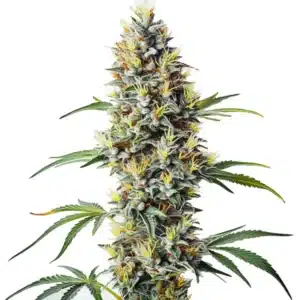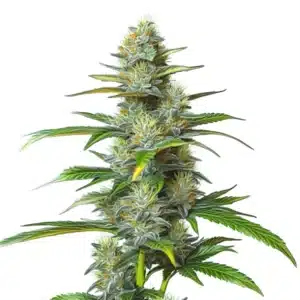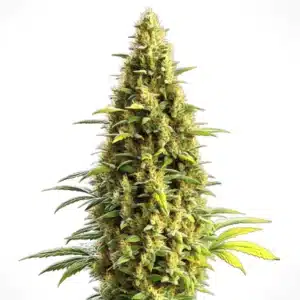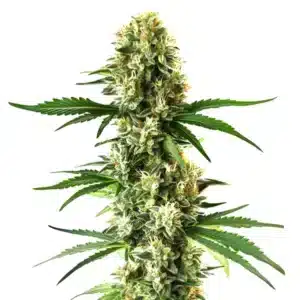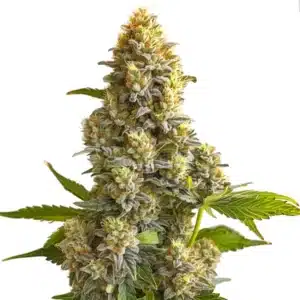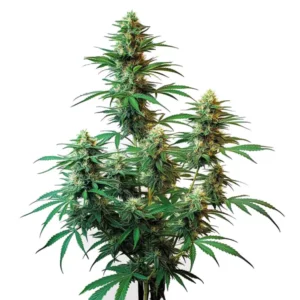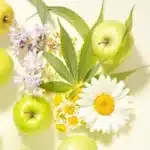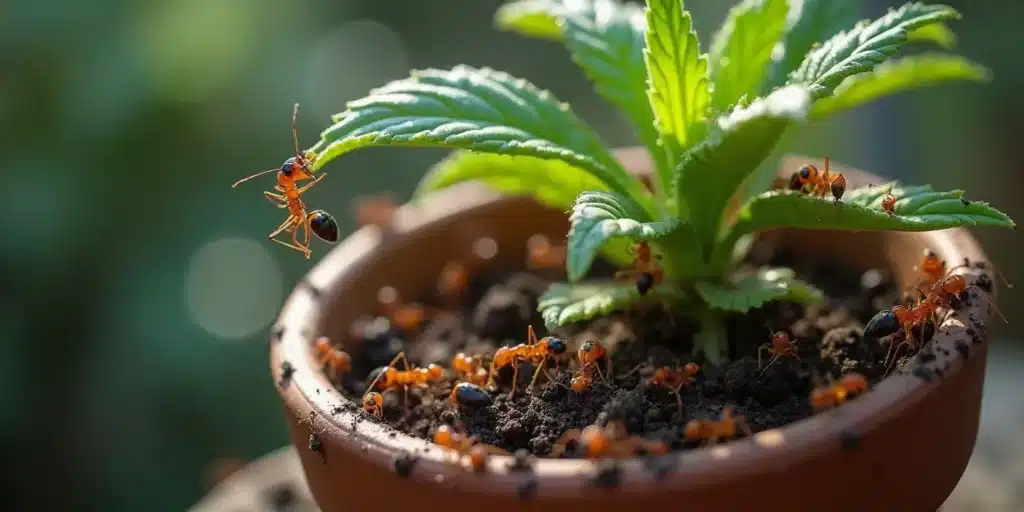
Ants in Outdoor Flower Pots
Having ants in outdoor flower pots can present a variety of challenges for any gardener. While ants are generally harmless, their presence often indicates that other issues may be brewing within your green space. Understanding why ants in outdoor flower pots appear is the first step. Let’s dive deeper into the reasons behind their presence and explore effective, plant-friendly methods to manage them.
Why Are Ants Attracted to Flower Pots?
Ants are fascinating little creatures with certain preferences that draw them to flower pots. Understanding these preferences can be the key to managing their presence effectively:
Recommended Strains
Blue Amnesia Auto
|
|
THC | 17% - 18% (Medium) |
|
|
Type | Autoflowering |
|
|
Yield | Low |
|
|
Phenotype | 40% Indica / 60% Sativa |
Blue Amnesia Regular
|
|
THC | 22% - 24% (Medium) |
|
|
Type | Regular |
|
|
Yield | High |
|
|
Phenotype | 30% Indica / 70% Sativa |
- Food Sources: Ants have a sweet tooth and are often lured by sugary substances like honeydew, which is secreted by aphids, or the nectar produced by flowers. If you’ve noticed ants bustling around your plants, check for these delicious treats!
- Moisture: Flower pots, especially those that retain water well, create an ideal environment for ants. They are naturally drawn to damp areas, making your flower pots an attractive destination.
- Safe Havens: Ants often seek shelter in the soil or underneath the pot, forming protective colonies away from predators. Your flower pots may provide just the right level of security for these industrious insects.
Understanding these attractions is vital. If you start to notice a significant increase in ant activity, it might signal underlying issues, such as an aphid infestation that requires your immediate attention. Empower yourself with this knowledge, and you’ll be well-equipped to maintain your garden’s health.
Promos & Deals
Are Ants Harmful to Your Plants?
While ants themselves aren’t typically dangerous to your plants, their presence can be a symptom of other problems. Many growers wonder, are ants attracted to weed? In some cases, yes—especially when ants tend to aphids within your garden. These ants might be inadvertently supporting a pest that can damage your plants. Aphids feed on the sap, causing stress and potential harm to your beloved flora.
Moreover, maintaining a balanced ecosystem in your garden is essential. On the bright side, ants contribute positively by aerating the soil and acting as scavengers, helping to keep the environment clean. However, if their activities begin to negatively impact your plants, it’s time to take action to restore harmony in your garden.
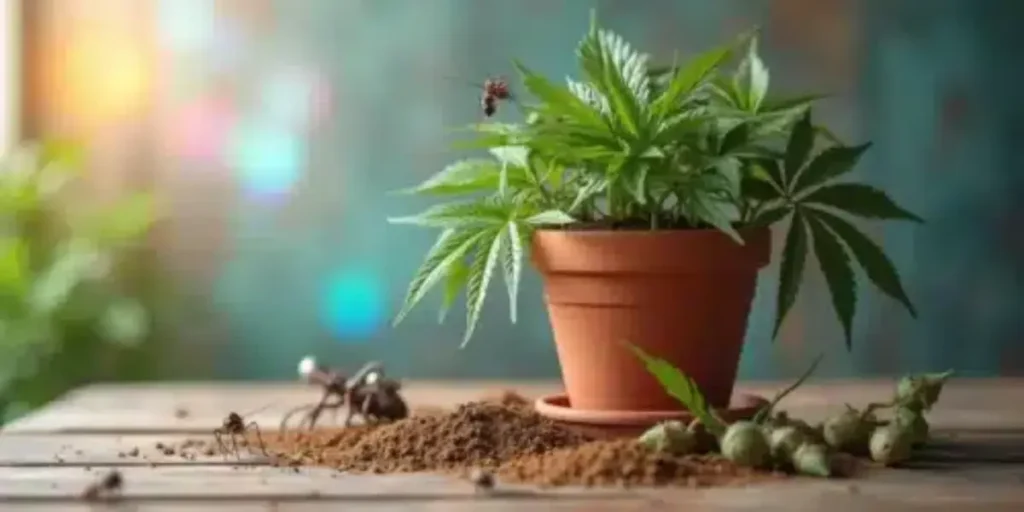
How to Remove Ants from Your Flower Pots
When it comes to ridding your flower pots of ants, careful and thoughtful approaches are key. Here are some practical, plant-friendly strategies to consider:
- Identify the Source: Before jumping into any action, take the time to observe and determine why ants are present. A thorough check for aphids or other pests can help you understand the root cause of the invasion.
- Watering Schedule: Adjusting your watering routine can make a significant difference. Ants prefer dry conditions, so consistently moistening your plants may discourage them from settling in. Think of it as providing a less than ideal vacation spot!
- Natural Deterrents: Utilize everyday household items like cinnamon, vinegar, or diatomaceous earth as natural repellent options. These substances can help keep ants at bay, all while ensuring that your plants remain healthy and thriving.
Using natural deterrents is not only effective but also environmentally friendly. If you’re dealing with ants in outdoor flower pots, remember to apply these substances thoughtfully; you want to repel ants without overwhelming your plants, striking a balance between managing pests and caring for your garden.
Best Practices for Preventing Ants
Prevention is often the most effective strategy when dealing with ant issues in your outdoor pots. Here are some proactive measures you can take:
- Regular Plant Inspections: Take the time to routinely check your plants for potential pests like aphids or mealybugs that are known to attract ants. Early detection can prevent bigger problems down the line.
- Maintain Cleanliness: Keeping your gardening area tidy is crucial. Remove any fallen fruit, decaying leaves, or plant debris that could attract ants. A clean space will help deter these unwanted visitors.
- Companion Planting: Certain herbs such as mint, basil, or even marigolds can naturally repel ants while attractively decorating your flower pots. These plants can act like bodyguards for your flowers!
Implementing these practices not only creates an environment that is less appealing to ants but also enhances the overall health and vitality of your garden. Regular attention and care can lead to a flourishing, pest-minimal oasis in your backyard.
Choosing the Right Plants for Your Garden
If you are interested in introducing a bit of variety to your garden, consider selecting plants that can harmonize with your existing arrangement. There are many options available that can thrive alongside flowers:
- Blue Dream: This popular strain is renowned for its generous yield and adaptability, making it suitable for outdoor environments. It’s relatively resilient against pests, which is a bonus for your garden.
- Girl Scout Cookies: Celebrated for its delightful flavor and balanced effects, this strain is also noted for its strength, helping it withstand potential garden pests.
- Super Lemon Haze: Known for its uplifting effects, this strain flourishes outdoors and can tolerate various weather conditions, helping to create a dynamic and attractive garden.
Incorporating a mix of vibrant plants not only enhances visual appeal but may also assist with natural pest control, further enriching your gardening experience.

FAQs About Ants in Outdoor Flower Pots
What should I do if I find ants in my flower pot?
Start by investigating the situation—if you notice an ant in plant pot setups, check for aphids or other pests that might be attracting them. Getting to the root of the problem is crucial. Once you understand the cause, you can implement one of the natural deterrents mentioned earlier.
Are ants bad for potted plants?
Generally, ants do not directly harm plants. However, their presence can suggest that other pests are around. In situations where ants are farming aphids, they can contribute to plant stress and potential damage.
How can I naturally prevent ants from invading my garden?
Focus on maintaining a clean garden space, routinely inspecting your plants for any pests, and utilizing companion planting techniques. Natural deterrents, such as a light dusting of cinnamon or applying diatomaceous earth, can also help keep ants at bay without harming your plants.
Can I use chemical pesticides to eliminate ants?
While chemical solutions can be effective, they often come with risks to beneficial insects and the overall environment. It’s usually advisable to try natural methods first. If you decide to go the chemical route, research safe options and proceed with caution.
Is it possible to attract beneficial insects while deterring ants?
Absolutely! Planting a diverse range of flowers, such as marigolds, daisies, or certain herbs like rosemary, can draw beneficial insects while simultaneously keeping ants away. A diverse garden is often a healthier one!



